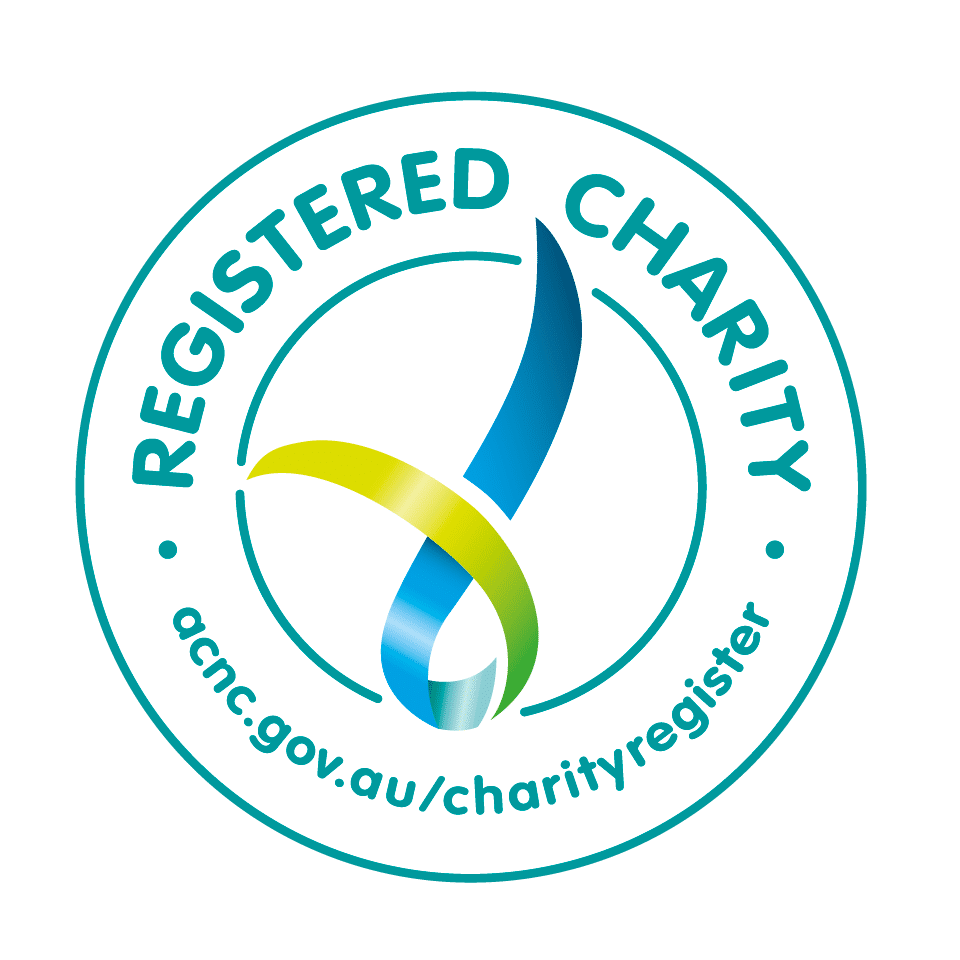Projects
Improving outcomes for people requiring upper limb neurorehabilitation using a new technology approach in hospital
2023 RBWH Foundation Grant Round 1
Share this project
Project description
After a brain injury or stroke, the use of hands and arms (upper limbs) can be significantly impaired. This study aims to identify the improvement of upper limb use when innovative rehabilitation devices, including robotics and virtual reality (VR), are incorporated with standard rehabilitation care.
Why this work is needed
The use of technology has great potential for improving upper limb neurorehabilitation results. However, worldwide research shows that adoption of technology remains low, clinical intensity remains insufficient and neurological upper limb impairments remain as leading disease burden.
This project, led by Surgical, Treatment and Rehabilitation Service (STARS) Assistant Director Occupational Therapy Giovanna Tornatore, will address evidence gaps in functional improvements, such as cooking, dressing and typing, by exploring the feasibility of a hybrid approach (robotics + VR + sensor-based therapy) in conjunction with traditional care.
Outcomes
Upper limb impairments after a stroke or brain injury can heavily impact both quality of life and physical ability to do everyday activities, like getting dressed, eating or driving. While the analysis of this study is ongoing, the early work in establishing the protocol for the study has ensured a patient-centred approach to upper limb rehabilitation. The anticipated benefits of this research include more effective and efficient therapy for patients requiring intensive rehabilitation in the right time-critical window, documenting the consumer voice on experiences and perspectives and informing themes for future sustainable implementation.
Testimonial for the Foundation
The RBWH Foundation is committed to making patient care better. With the support of the RBWH Foundation I have been able to focus on improving rehabilitation practice and integrating technology into our everyday day rehabilitation care for upper limb therapy. I was successful in an RBWH Foundation grant to address using technology enabled rehabilitation using a combination of robotics, VR and sensor-based in treating our patients with neurological conditions impacting arm function. The technology helps us provide more therapy intensity so that patients can improve their arm function and achieve their goals more quickly.






